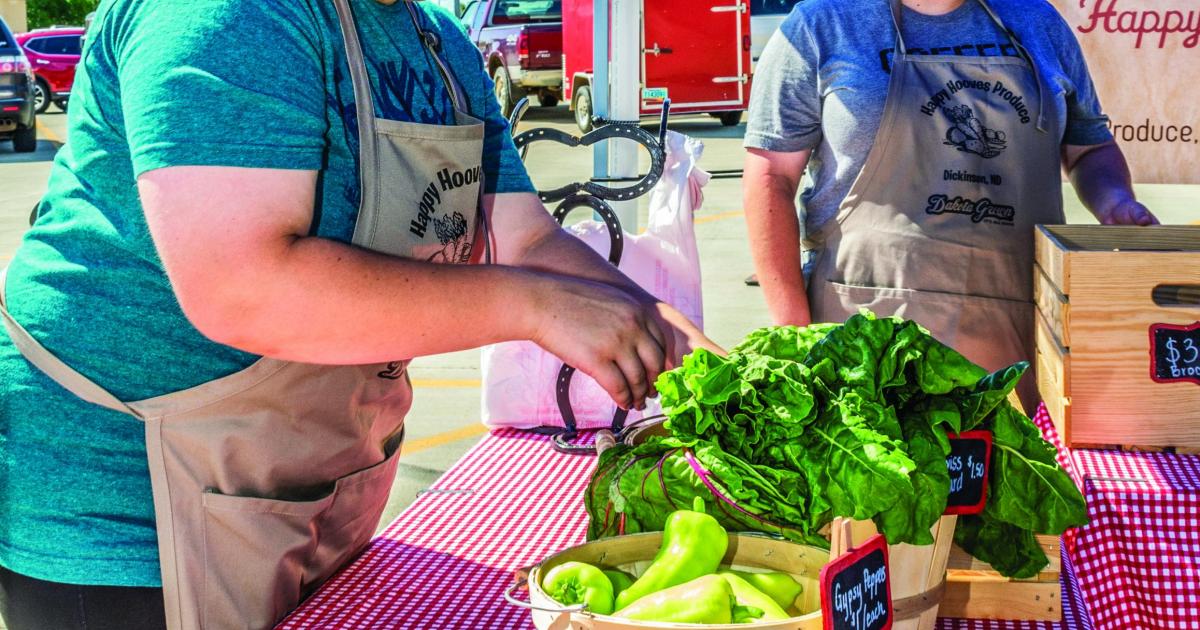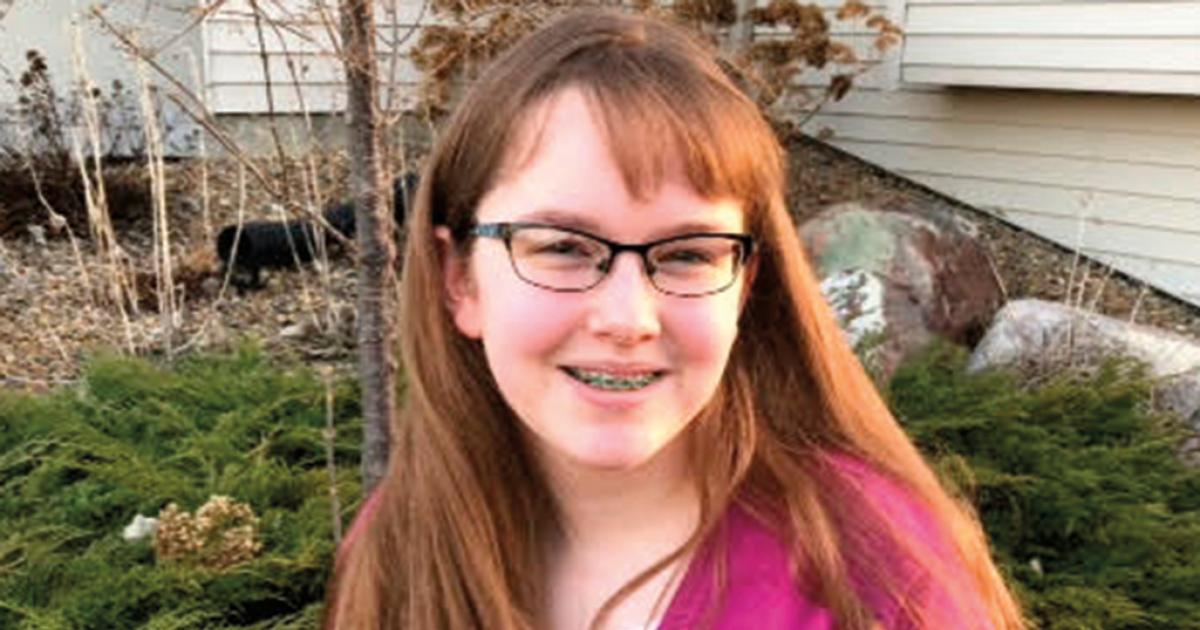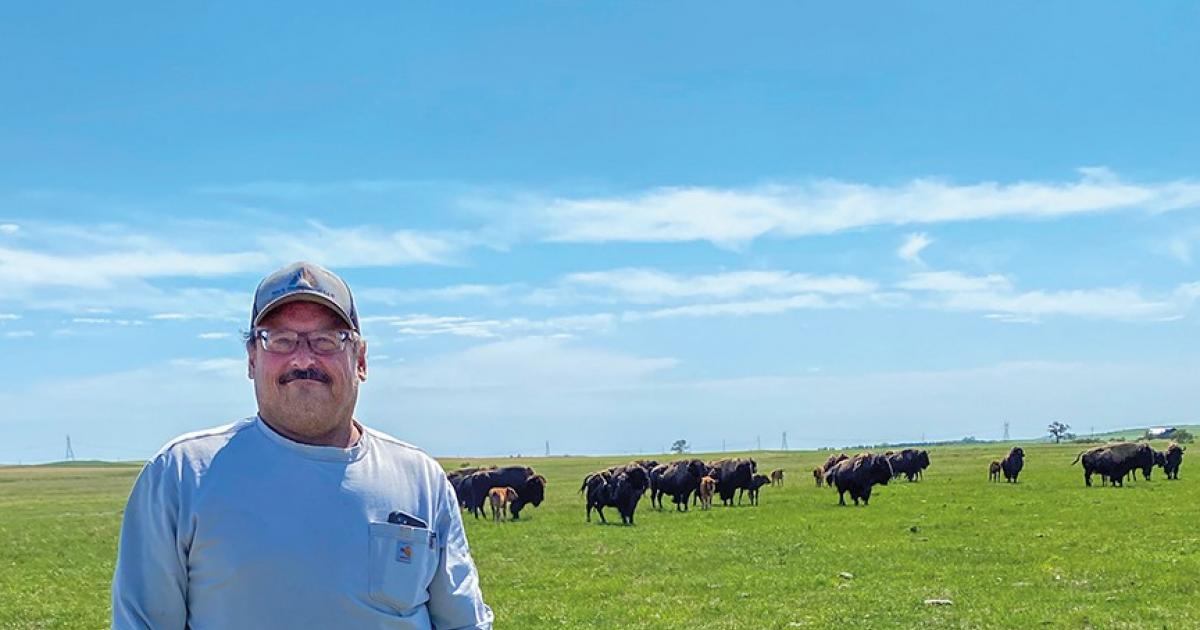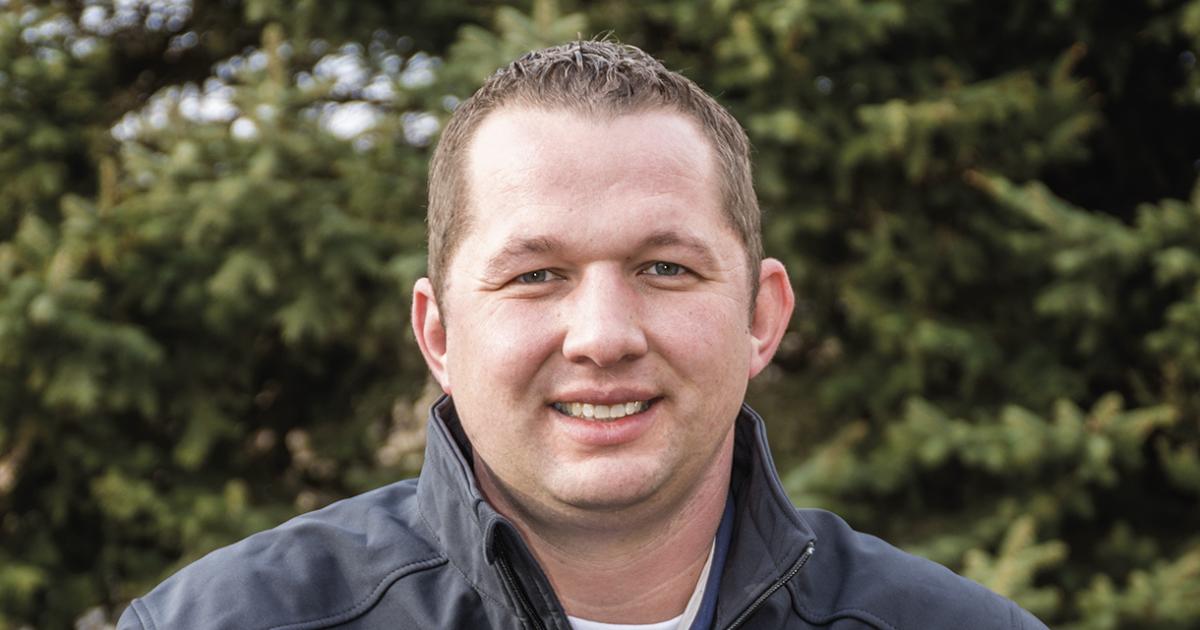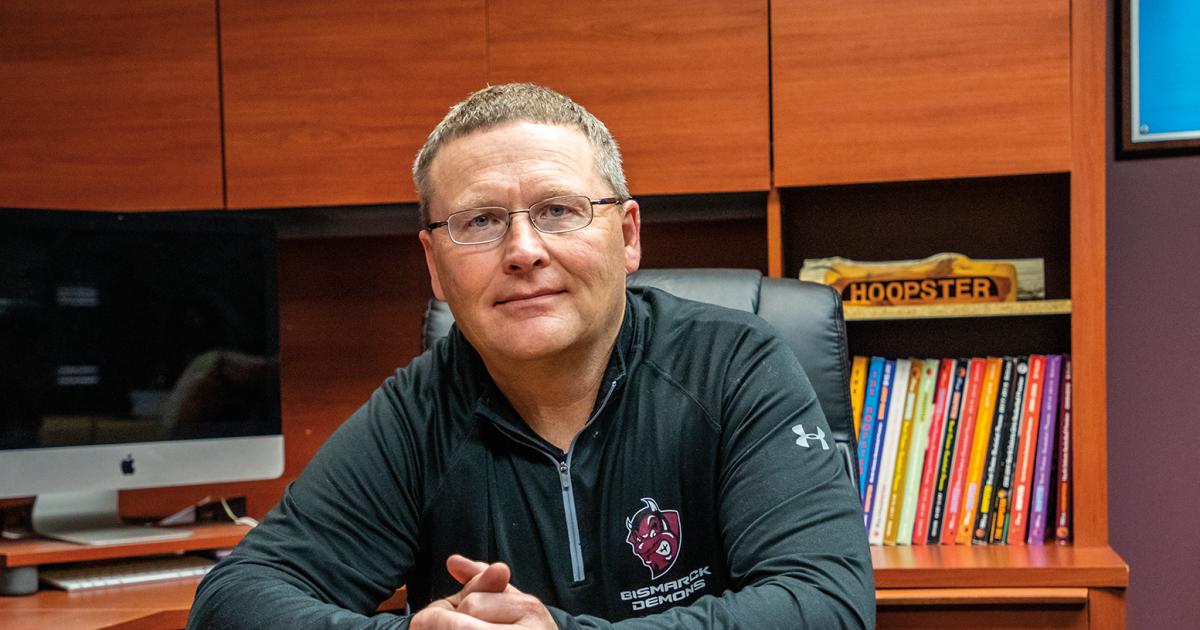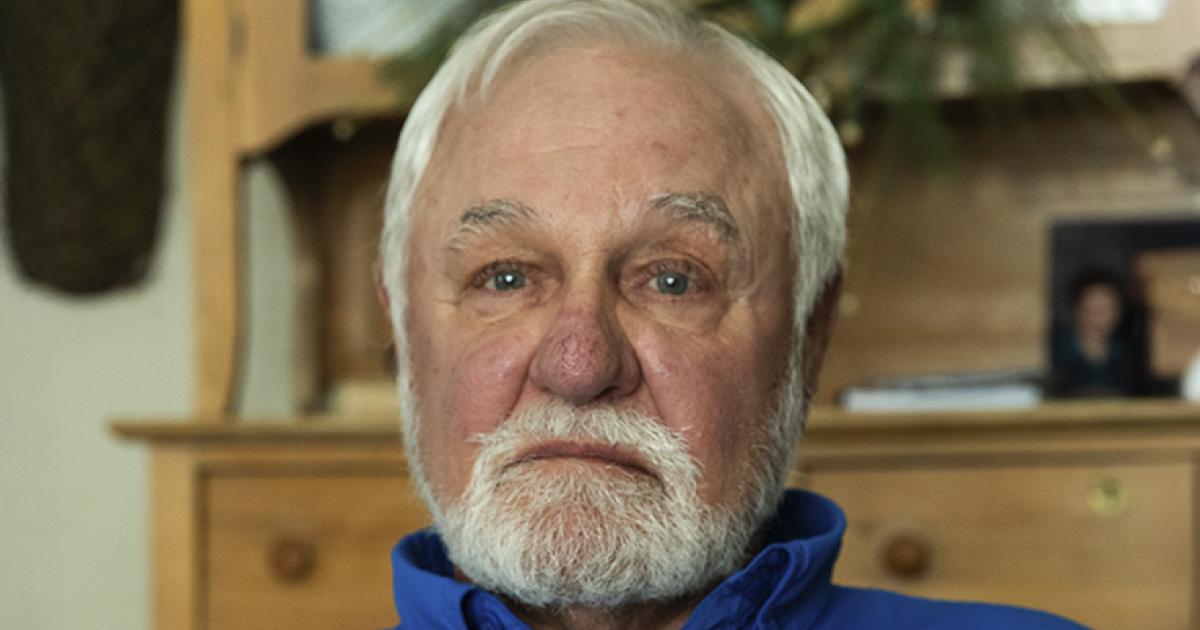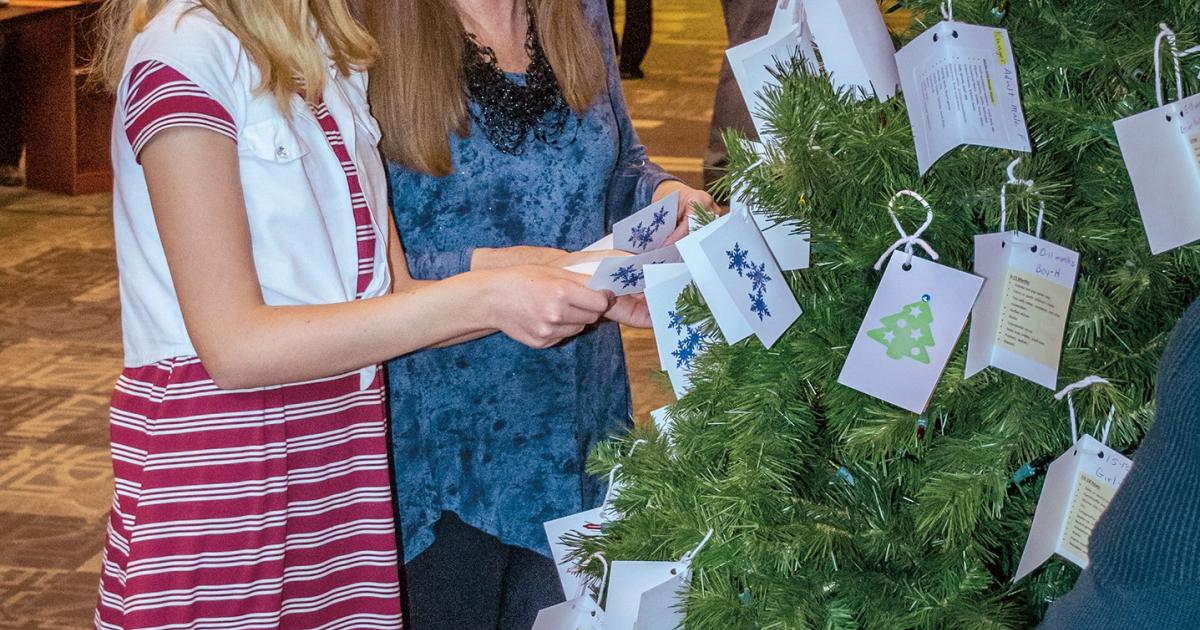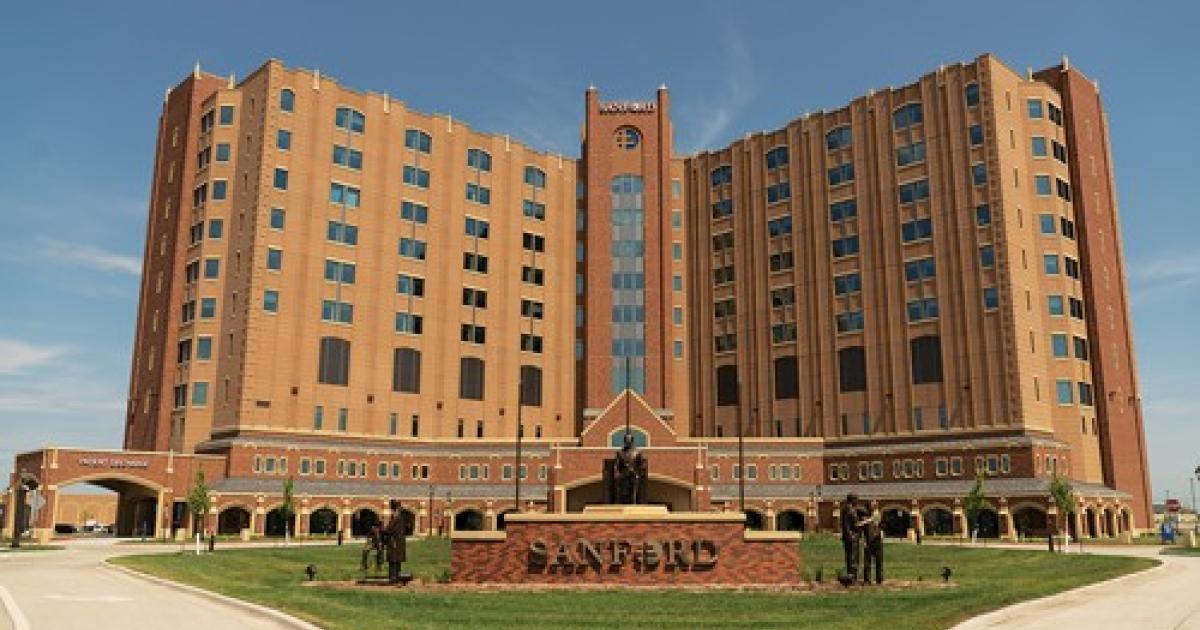Two North Dakota colleges hope to sow more awareness about the state’s small-scale, locally grown food enterprises with a unique collaboration.
Dickinson State University (DSU) and Dakota College at Bottineau (DCB) have partnered to create more awareness among students about small-scale specialty local food production.
PHOTO BY NDAREC/LIZA KESSEL Dickinson State University graduates Alecia, right, and Katelin Dukart help their family farm grow vegetables, along with the traditional sheep operation. They sell their produce at the farmers market in Dickinson.
“We’ve done a good job over the last few years of increasing the number of producers and the number of people interested in growing local food and being part of the systems that make local foods available,” said Holly Mawby, director of the Entrepreneurial Center for Horticulture at DCB. “We’ve come a long way and I think those systems are really starting to work now. People are getting the message. They are starting to change a little bit of their eating habits to say, ‘Hey, I can get local and I’m going to look for that, because that’s important to me.’ ”
But there was still a puzzle piece missing, she explained.
DCB noticed a concern with small-scale specialty crop producers and farmers having trouble accessing resources available to larger, more conventional crop producers, such as ag bankers or government agency resources. Financial and technical assistance became difficult to access because the current providers were not prepared for a new way of farming, Mawby said.
“We at Dakota College said, ‘Let’s start at the source. Let’s start at the root,’ ” she said.
A three-year grant through the U.S. Department of Agriculture’s National Institute of Food and Agriculture was obtained to fund a collaboration between the two educational institutions, with the technical description: “Building the educational capacity necessary to support small-scale sustainable specialty crop alternatives in the Northern Great Plains.”
The goal was to expose DSU students to real-life scenarios related to small-scale specialty production.
“Could we expose our students to examples and problems that would give them an appreciation for the breadth of agriculture that one might see in North Dakota?” said Dr. Chip Poland, chair of agriculture and technical studies at DSU.
A farm management course, for example, would incorporate one example of tomato production, or an ag finance course would include a worksheet on sweet corn production.
“We identified eight courses that would have an opportunity for this integration to occur,” Poland said. “The intent of the selection of those classes was that we would reach the largest number of students.”
Then DCB began gathering real data to integrate into DSU’s current program to illustrate small-scale specialty crop operations from a production and financial standpoint.
DCB worked intensively with 25 North Dakota producers and marginally with another 100 producers to gather information for the classes. Producers provided technical information, then DCB translated it into a format that fits into the curriculum.
Those real-life details are now being used in the DSU courses.
“We’re here to support western North Dakota. We do this as a broadening and deepening of our curriculum so our students get exposure to a broader part of what’s out there,” Poland explained.
Another aspect of the collaboration has been developing a career ladder for interested students.
Students with an interest in small-scale specialty production may attend DCB for two years to obtain an associate’s degree, then have a pipeline to transfer to DSU for another two years to earn a bachelor of science degree in ag studies with an emphasis in ag business and marketing, Poland described.
“We’re both able now to actively recruit students who would fit into that program,” he said.
DCB also offers a certificate in specialty crop production.
A third prong of the collaboration is DCB helping to identify workshops and conferences that DSU faculty and students would find beneficial to attend to learn more about specialty crops.
As the collaboration continues, DCB and DSU hope to help students understand all aspects of North Dakota agriculture, Mawby explained.
“We hope that they are well-rounded individuals and can supply resources to all sorts of farmers,” she said.
The collaboration will also help students who are interested in launching those enterprises on their own farms, particularly as another generation returns to the traditional family farm and may need to supplement incomes.
Family farms with successions to the next generation often need a second income to help the bottom line, so they have a need to find new ways to bring income to the farm, Poland described.
The collaboration has also resulted in a website at www.ndsmallfarms.com, where resources are available for growers, including case studies from North Dakota farms.
Two DSU graduates, Alecia and Katelin Dukart, are helping their family farm expand into vegetable production.
The Dukart twins both graduated in 2014 from DSU with degrees in ag studies with an emphasis in business and marketing. They both work off the family farm, but assist their father, Blaise Dukart, with his new five-acre vegetable enterprise south of Dickinson, served by Roughrider Electric Cooperative.
“It’s been one of his lifelong dreams to focus on vegetable production,” Alecia shared. Her parents, Blaise and Melanie, also raise registered sheep.
The sisters help with the weeding, harvesting and marketing, particularly with social media for their operation, Happy Hooves Produce, and apply their knowledge in crop production, soils and range management to the family operation.
The family has also implemented a type of high tunnel on the farm, where vegetables such as tomatoes, cucumbers, peppers and eggplants are transplanted and grown.
“We’re hoping to use it to extend our growing season,” Alecia said.
She sees a future in the enterprise, as North Dakotans become more aware of local foods.
“I think it’s definitely growing. More people are starting to wonder where their food comes from,” she said.
It’s those success stories that encourage Mawby.
“Everybody involved is so passionate about this,” she said. “We’re serving the needs of the farmers in this state and agriculture.”
Luann Dart is a freelance writer and editor who lives in the Elgin area.


